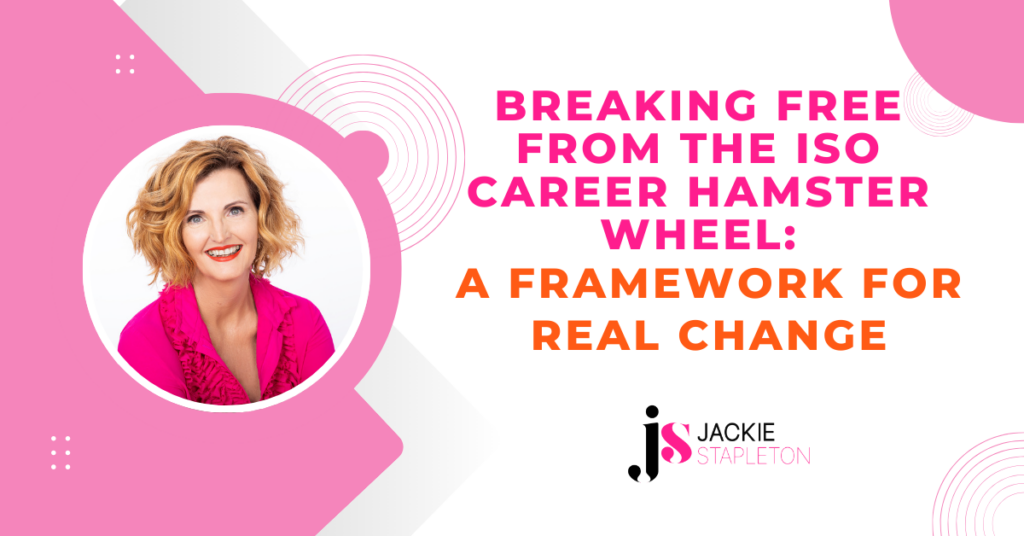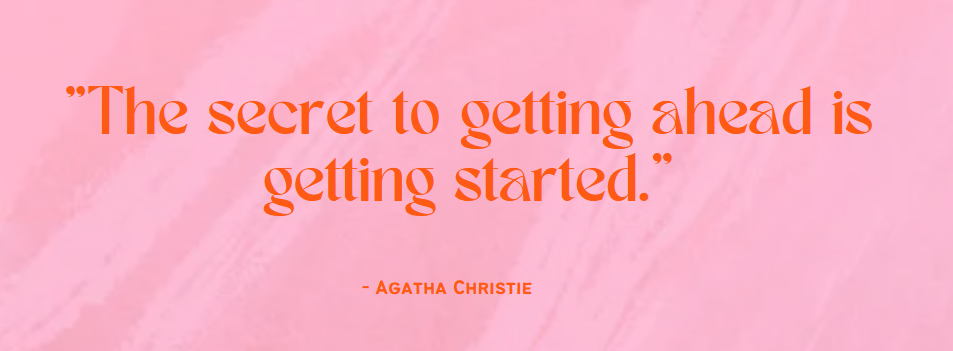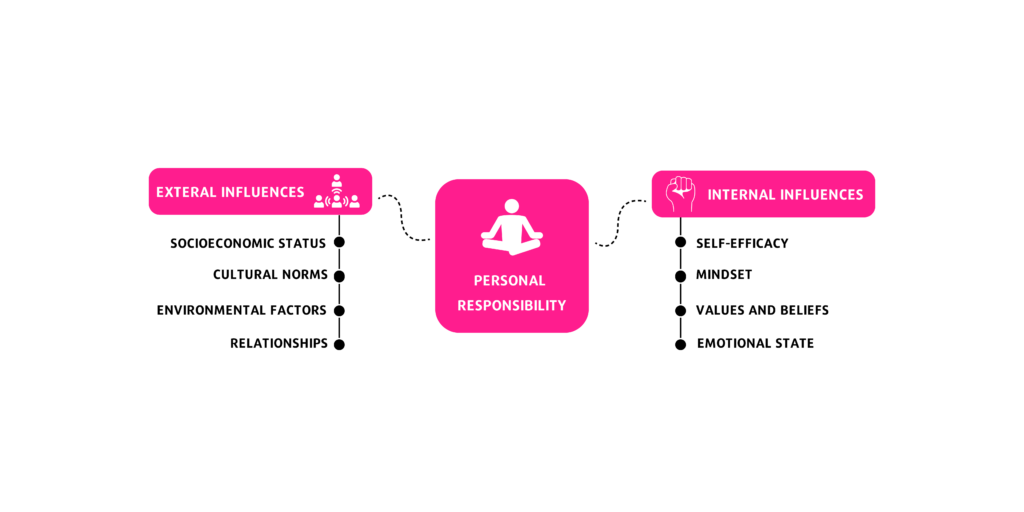January 15th, 2025

–
I shared this post recently. I wanted to be honest with everyone that I just wasn’t feeling it this year. The post I shared was:
I’m usually all about setting goals and charging into the new year, but this time it hit differently. I caught myself thinking, “Same sh*t, different year.”
And then I thought of a hamster wheel! You know the feeling—running and running but never really getting anywhere? That’s where I found myself. And honestly, I still kind of feel that way today. And possibly I’m not the only one who’s felt like that.
But here’s what I realized—it’s OK to feel this way. It’s OK to take a moment to sit with it instead of forcing positivity or slapping on a new goal just because the calendar flipped over.
What matters is what we do next. If I feel like I’m stuck on the hamster wheel, then it’s my responsibility to figure out how to step off—or maybe even get flung off it (because, let’s face it, sometimes that’s exactly what we need!).
So I’m sharing this today to say that if you’re feeling stuck—whether it’s in your job, your business, or just life in general—you’re not alone. I’m here to remind you (and myself) that it’s never too late to make a change, but it’s also OK to pause and reflect before rushing into the next thing.
And if you’re ready to make that change in your career this year but not sure where to start—that’s exactly what I help people do. Let’s chat.
How’s your 2025 starting out? Are you fired up or feeling a bit like that hamster?
Now, I know it’s easy for me to say, set some goals, journal, read, move and so on, but it just gets tiring right? I know all of this – it’s like I know that if I eat less calories then I burn, then I lose or maintain my weight. We all know these things but it doesn’t mean that it’s easy or we do it. I don’t know about you, but I just get damn tired sometimes! And this is when we end up in this endless loop. Yes, it’s great that the New Year, gives us an opportunity to reset
Fresh Starts: The Psychology Behind New Year Motivation
As the new year begins, it’s common to experience a range of emotions, from excitement and hope to anxiety and pressure. An article from Psychology Today titled “Fresh Starts: The Psychology Behind New Year Motivation” discusses the “fresh start effect,” which is the psychological boost we experience when temporal landmarks, such as the beginning of a new year, help us mentally separate our past selves from our future potential. Research by Libby and Eibach (2002) suggests that the new year’s emphasis on renewal can amplify our sense of self-efficacy—the belief in our ability to achieve our goals. This heightened self-efficacy is crucial for fostering persistence and resilience, both of which are essential for overcoming obstacles and maintaining progress.

Responsibility and Influence Dynamics (RID) Model
As a fundamental element in transforming our current circumstances, I recognize the importance of how our individual choices and actions shape our outcomes and experiences. Additionally, the influences of external and internal factors that affect decision-making and personal responsibility provide a basic model for understanding these dynamics. So, to help us to get RID of these thoughts and feelings about our move forward, The Responsibility and Influence Dynamics (RID) Model was developed.

Personal Responsibility: The Core Element Personal responsibility is the acknowledgment that we have the power to influence our lives through our choices and actions. It is the foundation upon which change is built. By taking ownership of our decisions, we can actively shape our experiences and outcomes. This model emphasizes that recognizing personal responsibility is the first step toward meaningful change.
External Influences: While personal responsibility is crucial, it is essential to consider the external factors that can impact our situation. These influences may include:
- Socioeconomic Status: Economic conditions can limit or expand opportunities, affecting decision-making.
- Cultural Norms: Societal expectations and values can shape beliefs about what is possible or acceptable.
- Environmental Factors: The physical environment, including access to resources and support systems, can influence choices.
- Relationships: The dynamics of personal and professional relationships can either empower or constrain us.
Understanding these external influences allows us to navigate our circumstances more effectively while still maintaining a sense of personal independence.
Internal Influences: Internal beliefs and motivations also play a significant role in shaping our personal responsibility. These influences include:
- Self-Efficacy: Our own belief in our ability to succeed can significantly impact our willingness to take responsibility for our actions.
- Mindset: A growth mindset encourages us to view challenges as opportunities for learning and growth, fostering a sense of responsibility.
- Values and Beliefs: Core values and personal beliefs guide decision-making and can either motivate or hinder personal responsibility.
- Emotional State: Emotions can influence how we perceive our circumstances and our capacity to take action.
By reflecting on these internal influences, we can gain insight into our motivations and barriers, enabling us to take more effective responsibility for our circumstances.
Personal responsibility is at the heart of changing our circumstances. By recognizing the interplay between personal choices and external and internal influences, we can better understand our role in shaping our experiences. This model serves as a framework for fostering awareness and encouraging proactive decision-making, ultimately leading to positive change. Personal responsibility doesn’t mean navigating challenges alone—it means owning your role in shaping outcomes while seeking the tools and support needed for growth.
Your Next Steps
- Evaluate Your Current Position – Take 15 minutes to reflect on where you are right now. Are external pressures or internal beliefs keeping you stuck? Write down three areas you feel are holding you back and one small action you can take to address each.
- Create an Action Plan – Based on your reflections, map out 3-5 specific actions that will help you step off the hamster wheel and move toward your goals. Focus on intentional, manageable steps rather than overwhelming goals.
- Seek Support and Accountability – Don’t do it alone. Find a mentor, join a community, or work with a coach who can guide and support your growth. If you’re ready to take the next step, reach out and let’s chat about how I can help you move forward in your ISO career.
View comments
+ Leave a comment